News
FOCUS: Craig Easton
11 November 2020
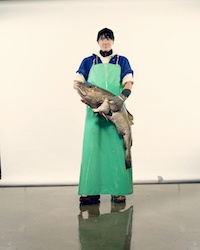
© Craig Easton
Following a call out for projects, AOP Photographer Craig Easton shared a recently published project FISHERWOMEN, currently showcasing in Spotlight, that examines and celebrates the historical and contemporary importance of women to the fishing industry. Passionate about political and social issues, Craig's work documents moments of history as well as exploring some of the important issues in todays society. Read on to find out more about what inspires Craig's personal projects, the importance of being a member and the support that brings.
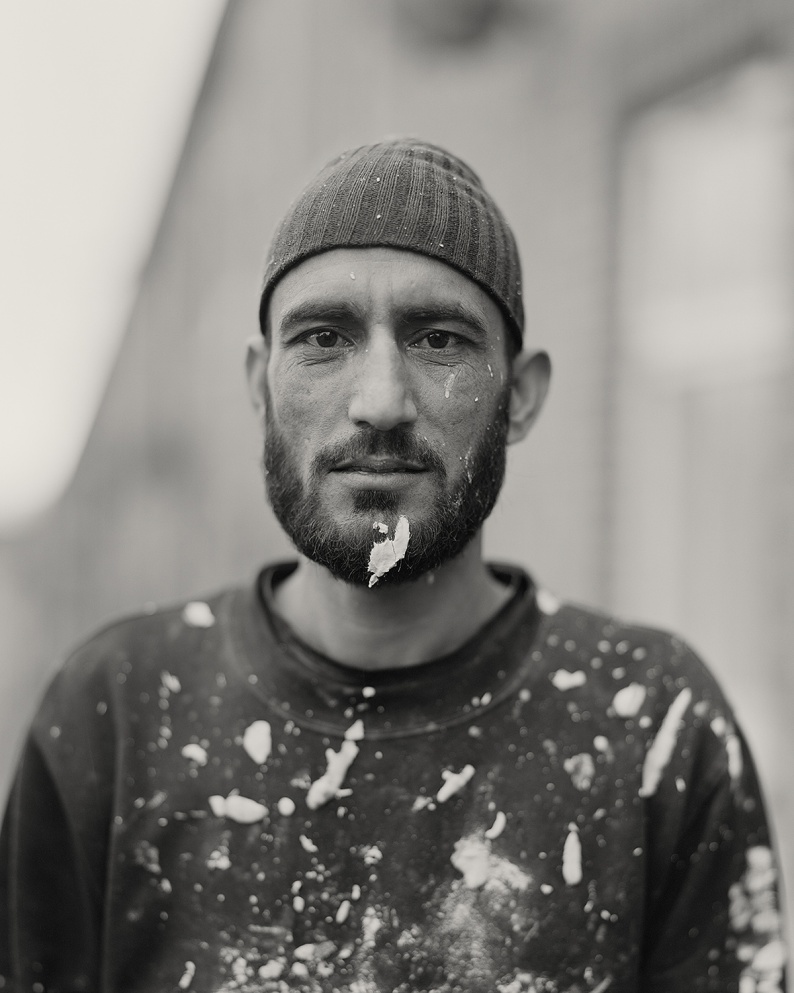
© Craig Easton. Nader Khan, 2020, from the series Bank Top
How did photography become your passion?
Initially through an interest in politics and social issues… and it’s not really changed. I studied Physics at university but spent almost all of my spare time in the student darkroom. This was in the politically charged 1980s and right from the outset I was using photography as a way to explore issues that interested me or that I cared about. It was never about pretty pictures, it was always about people and telling stories. After that I did a post-grad in photojournalism, then joined The Independent newspaper – this was in its b&w heyday – and that’s where I really learned my trade.
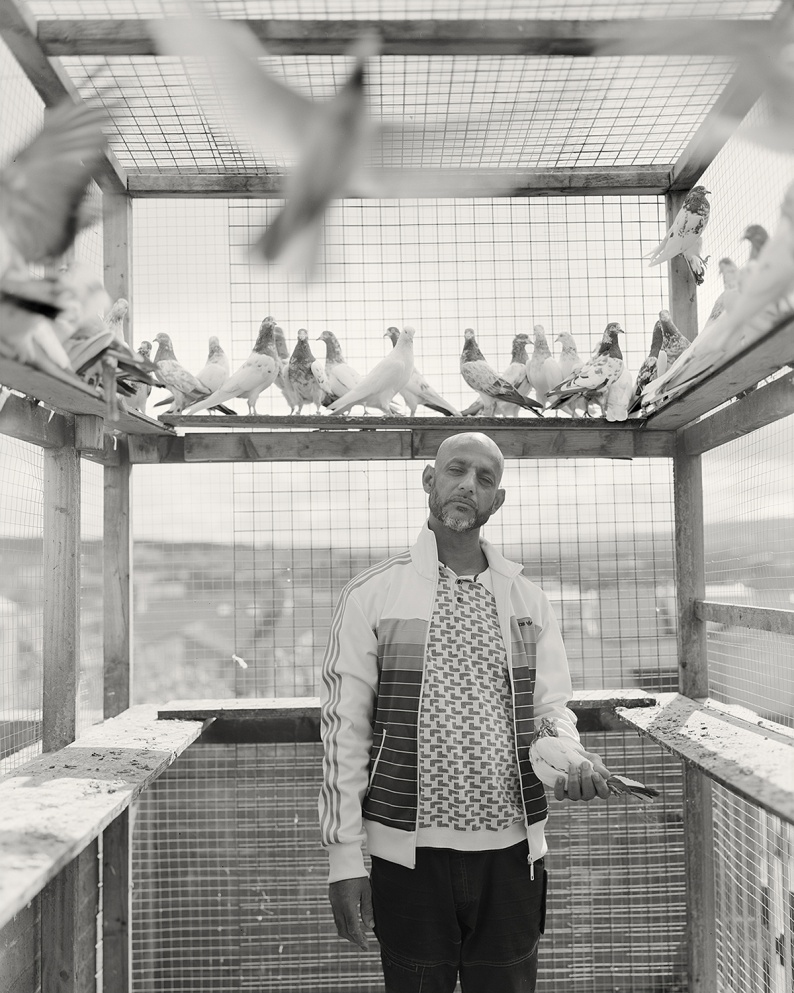
© Craig Easton. Mohammed Afzal, 2020, from the series Bank Top
How important is personal work to you and does it feed into your commissioned work?
Personal work is vitally important to me – it’s what defines me as a photographer. I use it to understand things I’m interested in, to communicate things that I care about. It may be a cliché but to me photography is who I am not just what I do. Of course, personal work doesn’t pay the mortgage and so I’m very fortunate that my projects do feed into my commissioned work. I find that a lot of good art directors are less interested in who I’ve been commissioned by and more interested in the way I see, the style in which I photograph and will then come to me based on what they’ve seen from my personal projects. Just recently I shot an NHS campaign based on the art director liking my Fisherwomen work and specifically saying that he was interested in the connection he felt that I achieved with real people – an emotional connection I suppose that come comes from a deep interest in the stories I’m telling in my personal work.
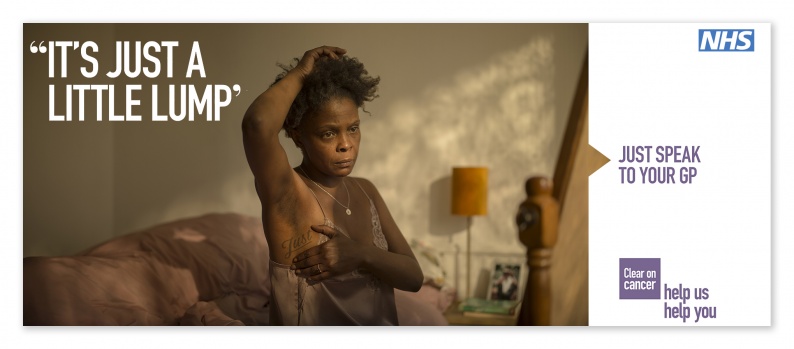
© Craig Easton. NHS Campaign, 2020 for M&C Saatchi
Your project Fisherwomen was published as a portfolio edition earlier this year, can you tell us more about this project and how it came about?
Yes, it has been a long term project started in 2013. It grew out of an understanding and some research about old paintings and photographs of ‘herring girls’ and a knowledge of the tradition of women working in fishing. I realised that the representation of women in fishing changed in about 1920 and since then their extraordinary importance to the industry seemed to have been forgotten in favour of pictures of heroic trawlermen at sea. I wanted to put that right and so I started knocking on doors and making some portraits. From there it grew into three inter-related strands as I connected the contemporary experience of today’s fisherwomen to the great heritage of grandmothers, mothers and daughters all ‘going to the gutting’ and I followed the route of the traditional herring trade from Shetland to Great Yarmouth making large format b&w landscapes in which the women worked.
Exhibitions started last year and after the inevitable delays of 2020 will restart again in 2021.
Ten O’Clock Books (www.tenoclockbooks.com) published a beautiful large-format, limited edition Portfolio and Artist’s Edition in September this year bringing not only the portraits and landscapes together, but including extraordinary anecdotes from the audio recordings I made with the women I photographed. It comes with an A5 insert detailing the long connection between photography and fisherwomen going right back to the origins of photography in the 1840s.
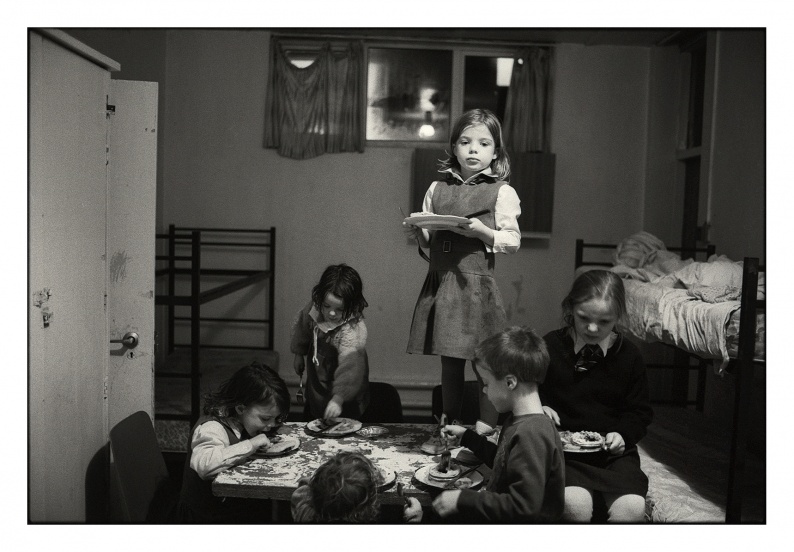
© Craig Easton. Williams family, Blackpool, 1992, from the series Thatcher’s Children
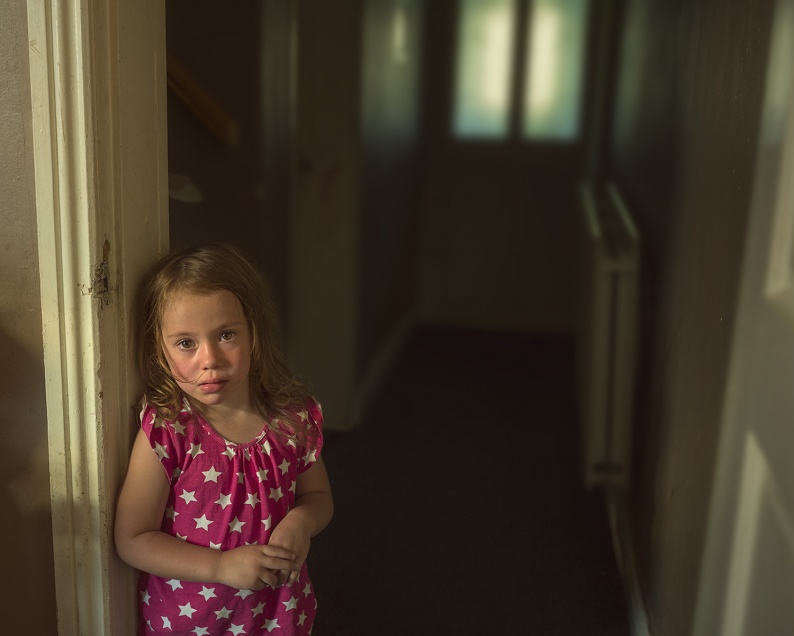
© Craig Easton. Poppie, Darwen, 2018, from the series Thatcher’s Children
We are living in unprecedented times. Have your usual routes of inspiration altered and are these reflected in any current projects?
We’re certainly living in unprecedented times, but I’m not sure my inspirations have altered, really it has just brought into focus the urgency I feel to continue my project work exploring some of the important issues I see all around me in society. I think the pandemic has polarised society even more than it already was and so I feel that a lot of my work that revolves around economics, social issues and policy is more urgent than ever. I always have a number of projects (often inter-related) going on at the same time and so I dip in and out of them when the time is right. And they evolve over time as the research and connections develop. I’ve just opened an exhibition in Blackburn that looks at the representation of that town as ‘the most segregated town in Britain’ and, working collaboratively with a writer/academic, I’ve tried to examine that description and expose some of the underlying causes of social deprivation, current and colonial foreign policy, housing and employment etc etc.
At the same time a long, long term project called ‘Thatcher’s Children’ is just coming to fruition – published for the first time in The Guardian Weekend this coming Saturday, 14th Nov. - it explores the nature of poverty as experienced by one family over three generations and how their lives are connected to successive governments’ social policies.
I find I am never short of ideas and projects I want to work on, just short of time to do them – not least with the current restrictions on movement.
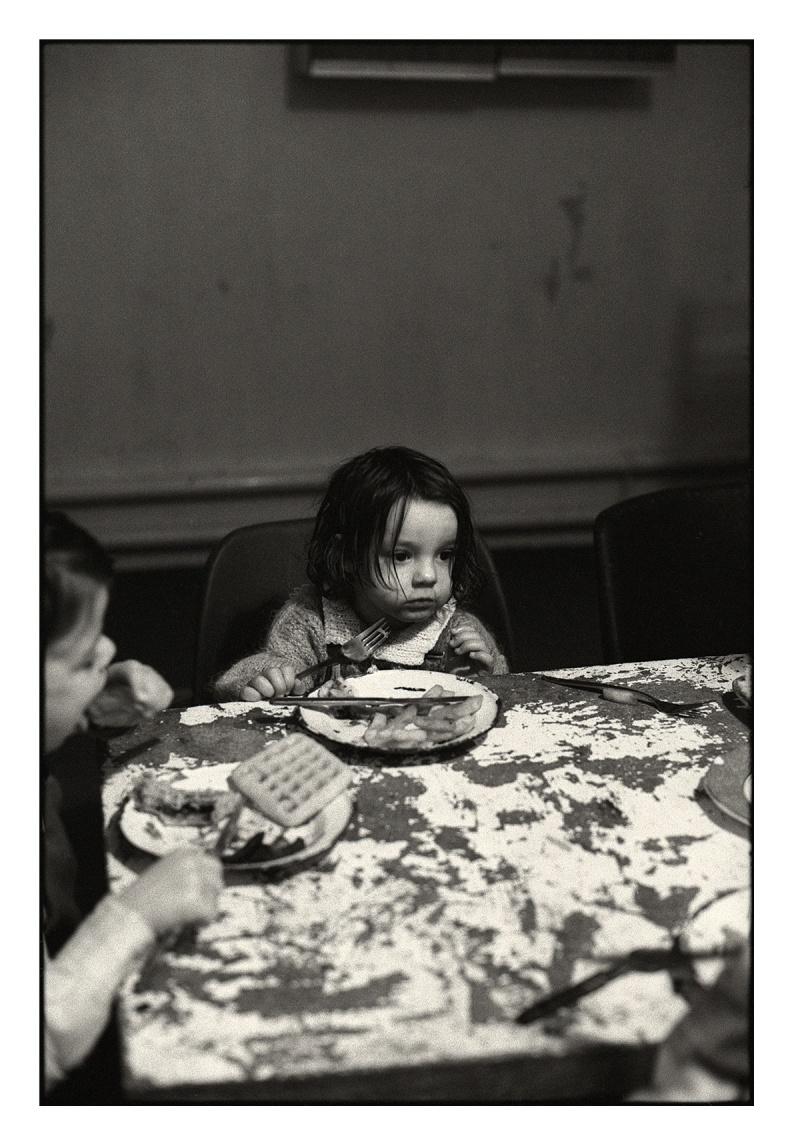
© Craig Easton. Katrina Williams, Blackpool, 1992, from the series Thatcher’s Children
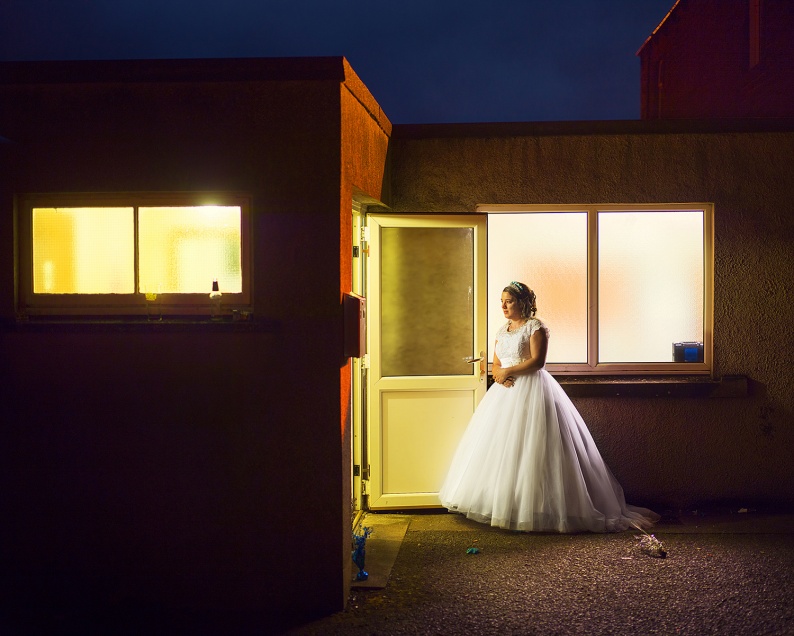
© Craig Easton. Katrina Williams, Aspatria, 2018, from the series Thatcher’s Children
What does it mean to you to be a member of the AOP?
I think it is critical that we as an industry stick together and so as the body that represents photographers from all across the spectrum, I think it’s imperative that we support the AOP as the AOP supports us. These are challenging times for the industry and it is more important than ever that we speak with one voice to protect our rights and build a sustainable future for photography in all its forms.



